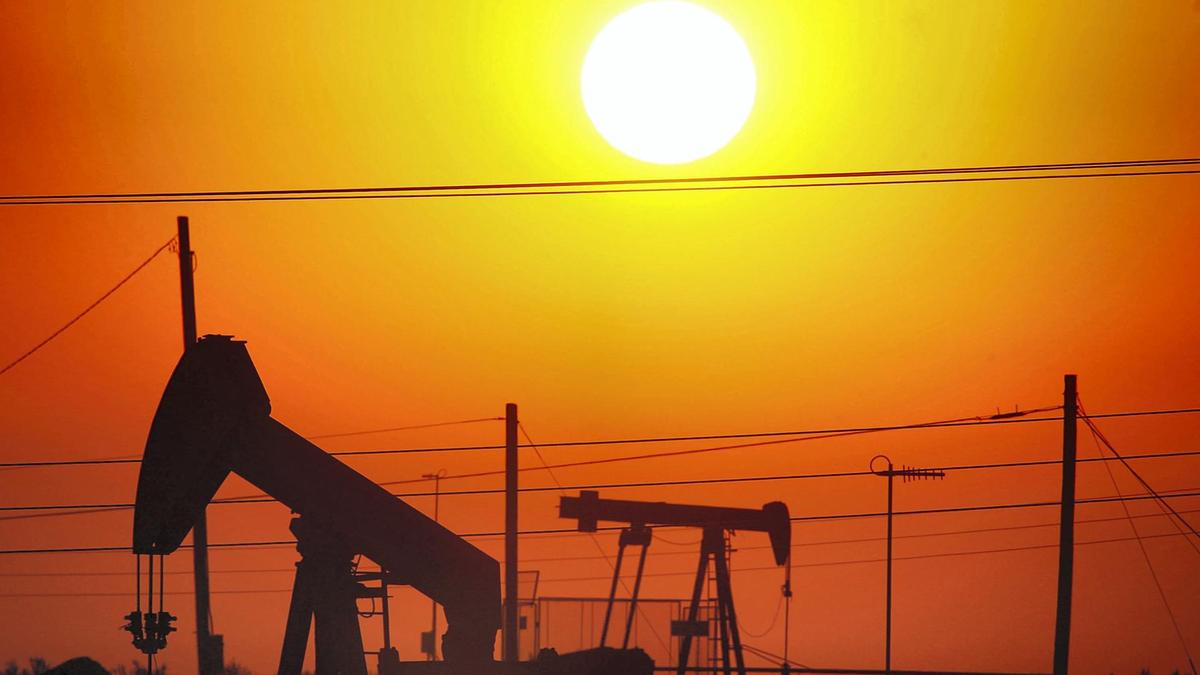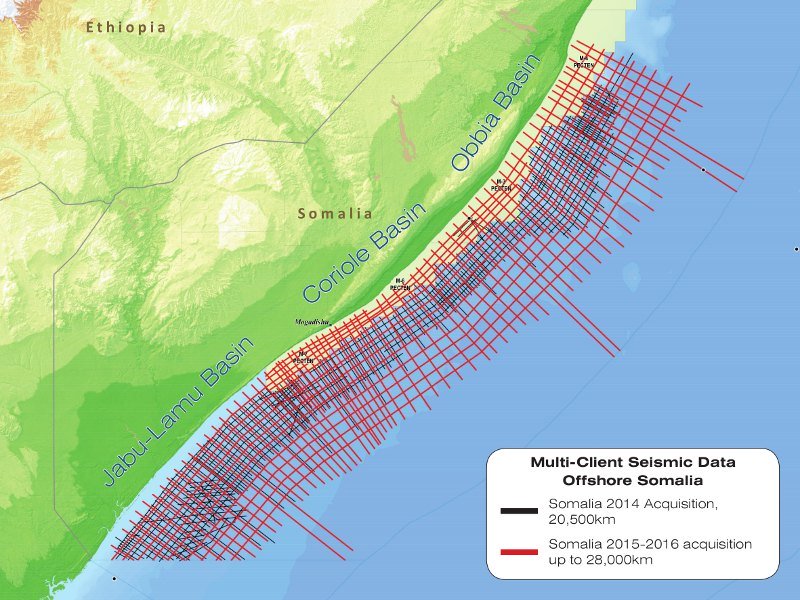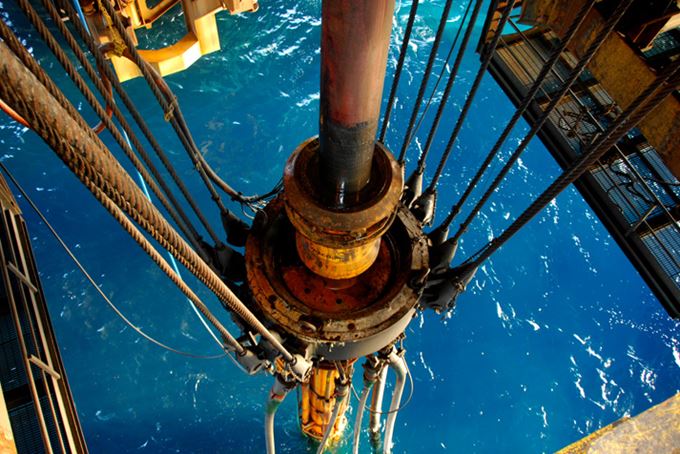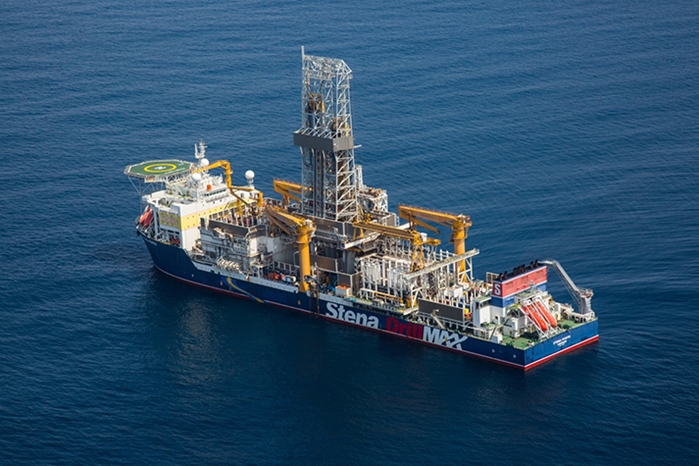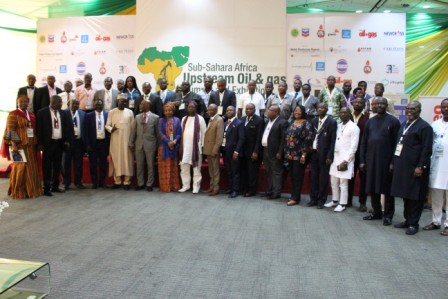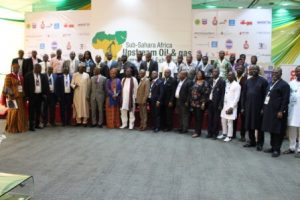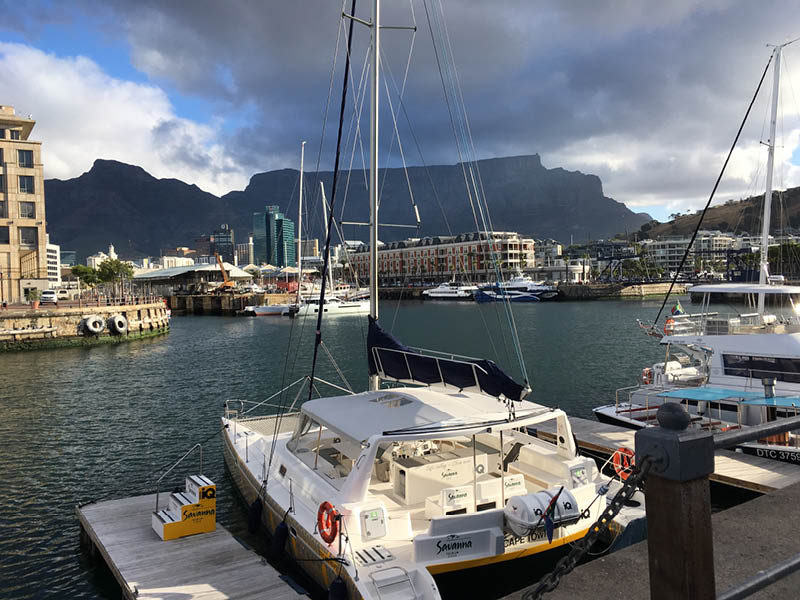“The global oil volatility has exerted the pressure within the universities to continuously supply top talents in the upstream and downstream business, to solve forever sophisticated problems faced in the industry.” Says Dr. Abdul Halim Abdu Latiff, head of Center for Subsurface Imaging (CSI) at the University Technology Petronas (UTP) in Malaysia.
Furthermore, industrial revolution 4.0 and technological development and exciting and new projects, all influence continuously skills improvements
We address this need with the multidisciplinary online students training program to “ raise the performance standards of work competence of young professionals in oil and gas industry to become internationally competitive and world-class professionals who can make a bigger contribution at work”
Aims and Objectives of this Program
Our ultimate objective is to raise the standards of work competence of young professionals to become world-class and internationally competitive for the benefits of business communities and countries.
Further objects are to:
To Transforming young professionals from just users to world-class professionals who can add more value to their colleagues, to the organizations and country.
Target Audience
Students with a background in Geology, Geophysics, Petrophysics, Reservoir engineering, petroleum engineering, and petroleum geosciences and petroleum geology.
Why You Should Attend this Training Program?
- Keep pace on technological advancement in the oil and gas industry
- Stay competitive in today’s job market characterized by technological innovation
- Increase your productivity
- Acquire Certificate of Courses completion
How This Training Program Can Help My Company and My Business
For companies which want to enroll their young professionals, this training program can help your business to:
- Reduce the cost of employment and manageable risk
- Increase local content Instantly
- Stay competitive and increase your productivity
- Keep pace on technological advancement
- Solve recruitment difficulties
- Build a motivated, flexible and loyal workforce
- Train people in line with industry standard
Our Mentors
Mentors play a key role in every phase of the program. Many of our mentors or trainers are having many years’ hands-on practical experience for the many years in the major national and international companies such as CGG, BP, Shell, Apache, PDO, SPDC, ADNOC, Schlumberger and are proficient in the use of the software being used in the industry and so can give specific workflow suggestions. Students are free to ask mentors questions at the end of each session.
Implementation
Step 01:A team of six to nine students with backgrounds in geology, geophysics, Petrophysics and reservoir engineering are picked and agreed on the courses they want to learn. See below the list of our courses we offer
Step 2: The confirmed mentors and mentees are matched according to the time zone at their location. Notifications are then sent to mentors and mentees with an introduction and the mentors start the training session
Step 3: Mentors send materials, technical papers to all group members and the monitor the progress and track the discussion points. Mentors also send materials.
Enrollment of Candidates
Our course takes five days (days)And the maximum number of students for the course is nine.
Your investment for your career advancement is 900$ per week (5 days) i.e it is about 18-20 hours for 6 to 9 students maximum, attend in the same place. This means that the cost per student in the week will be 150$ if 6 attend or 100$ if 9 attend. Course fee cover tuition, learning materials and certificate of completion
This training program is coordinated by Hussein Boffu and technical support is provided by SEISENERGY Services of EGYPT, a group of trainers and mentors with many year’s hands-on experiences for the many years for the major national and international companies.
Feel free to contact Hussein Boffu via Hussein.boffu@tanzaniapetroleum.com or +255655376543 if you have any questions.
Courses
We provide basic capability development in following areas:
Geophysics
1.Seismic Acquisition design and operation
The objective of the course is to create and then develop an understanding of the role of one of the most effective tools in both exploration and development phases. This course develops ability in the analytical aspects of seismic field acquisition, particularly to the design of customized seismic strategy, field tests, quality control techniques and cost efficiency and manage the operation of the seismic acquisition process and implement very accurate and strict HSE measures. Using software design wizards to verifying any seismic acquisition design parameters. QCING seismic attributes for optimizing seismic acquisition design.
2.Seismic Data Processing
The objective of the to create and then develop an understanding and familiarity of the theoretical and geophysical background of processing algorithms, Quality Control and Quality assurances for each processing step to ensure having optimally seismic data product from seismic data quality perspectives. High end seismic data processing FWI and Tomography Q Depth Imaging High end seismic processing that could help in development stage of the oil/gas field through knowing highly advanced seismic data processing to interpret the seismic data looking for structural trapes to stratigraphic trap which is more challenging to seismic resolution. High resolution velocity model will reveal complex geology imaging with very good clarity. The ability to conduct innovative seismic QC/QA for seismic data processing time and imaging to have outstanding seismic product. Moreover, seismic reservoir characterization QCing of any seismic data processing time and depth imaging.
4- Seismic Interpretation.
The objective of the course properly interprets the data and give the true picture of the reservoir and its actual extension they have to have knowledge about the area petroleum system and utilize all the available information and gather them before start clicking buttons. Minimizing drill risk or gas escape hazards will be achieved if seismic interpretation is trustable and fault and fracture liniments will be interpreted accurately and calibrated with well logs especially FMI logs.
5- Seismic Stratigraphy:
In East and west Africa offshore seismic stratigraphic technology could permit identification of oil/gas bearing rocks of upper Triassic, Jurassic and lower Cretaceous sequences in strata and their identification requires the integration of seismic data with lithological and environmental facies, biostratigraphy, radiometric and well logs information. Nowadays stratigraphic interpretation needs oriented acquisition, processing, and interpretation. Tailored acquisition, processing for stratigraphic trapes are essential to give better vertical resolution (the thickness of the unit) and horizontal resolution (the areal size of the features).
6- Seismic Reservoir Characterization:
Seismic Reservoir characterization is to gain the value from seismic resolution beyond the imaging to gain petrophysical parameters of the reservoir rocks such as porosity, fluid saturation and pore pressure
prediction, Fracture characterization is the way to place the well trajectory properly to de-risking the drilling operation and help in the well casing design for highly pressurized deep targets. Fracture is the main corridor of porosity of tight rocks and study its intensity and orientation is another adding value of the seismic recording nowadays than in the previous decades.
Petroleum Geoscience
7- Exploration Geology:
Exploration Geologist will sustain the geophysical experience if the Basin and Petroleum Systems Modelling (BPSM) which has a bright future as the oil and gas industry looks increasingly to mature field development. Integration of BPSM with various disciplines such as Petrophysics, and reservoir engineering which will help maturing the unconventional petroleum systems as well. Exploration geology is steering the searching of oil/gas prospectively potential areas integrating well information, logs, cores or analogues outcrops of the same geological column with seismic and drill exploration wells is an optimum working flow for increasing the exploration plays.
8- Reservoir Geology/Engineering:
Reservoir engineering is another wide experience of the worldwide engineering and monitor the reservoir performance and precisely monitoring the reservoir surveillance through conducting 3D/ 4D time lapse seismic acquisition and track accurately the injectivity of fluid or gas will improve the reservoir performance and lead to more successful perforation. Proper Statics model, Dynamic model history match, well completion will help increasing OOIP, IOR, EOR, Simulation.
9-Formation Evaluation.
Logging methods and interpretation techniques. Discussions on conditions around the wellbore, effects on measurements of mud filtrate invasion. The terminology of well logging, formation and fluid properties. The physical principles involved in geophysical well logging. Differentiation between gas, oil and water zones and shale estimation. The Archie Equations in clean formations and estimation of water saturation. Types of cross-plots, gas and shale effects. Effects of shaliness and modified equations. Core analysis and laboratory measurements of saturation and rock properties and their application to reservoir studies.
10-Prospect, Evaluation, Risks, and Volumetric calculations.
For geoscientists working in exploration, for prospect portfolio analysts and for their direct supervisors. It is also a very instructive course for staff from disciplines working closely with exploration staff, such as reservoir engineers, Petro physicists and geophysicists. In order to having good understanding of the essentials for realistic risk and volume assessments of exploration prospects. A well-considered and realistic assessments for prospects to be working on, and to understand and constructively challenge risk and volume assessments.
11-Sedimentology and Depositional Environments of Onshore and offshore deposits.
The theory and application of sedimentology and depositional environments of onshore/offshore East African Basin. Detailed petroleum system study utilizing all existing information; geology, geophysics and geotectonic stress regime could help to reveal untapped oil and gas reserves and establish a road map of developing leads and prospects.
12- Prospect and Play Assessment.
All exploration team members and leaders including geologists, geophysicists, geochemists, analysts, reservoir engineers, economists, planners and managers who make business decisions based upon exploration data. To provide knowledge and unique tools for practical, systematic, predrill assessment of potentially recoverable oil and gas and to use the best available methods with trap volumetric and hydrocarbon charge for prospects, and potential numbers and sizes of prospects for plays.
Drilling Engineering and completion Engineering
13- Offshore Systems.
Course will accelerate the learning and productivity of individuals with little to no experience working in the offshore oil and gas industry. The course provides an overview of field development concepts and explains how offshore structures and facilities function as integrated systems.
14-Well Design and Engineering.
Well Design and Engineering integrates all major well design technologies from pre-spud to TD. The single most important goal of the course is to draw the linkages between the design topics and to leave the participants with an understanding that each decision has influence on those that follow. On the last day, each team presents their completed design before the class and an invited panel of industry professionals
15-Completion & Workovers.
To emphasize the role of engineers and field operators in planning and executing the workover operations to maintain and increase field production and thus add to the profitability and recoverable reserves. It also emphasizes the significance of the team concept as a factor in optimizing operations success.



